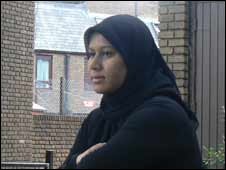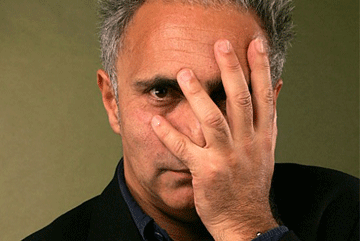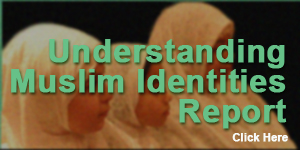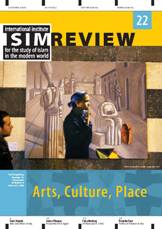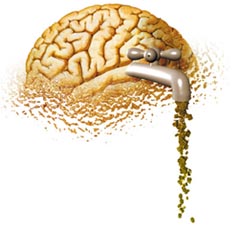
Cows will no longer give milk in Switzerland if minarets are allowed to stand.
The rightwing political parties in Switzerland are up in arms, preparing for a vote on Sunday to save their alpine paradise from the dreaded cultural eyesore of mosque minarets. This proposed ban on minarets comes from the same friendly yodelers in the nationalist Swiss People’s Party that has previously campaigned against foreigners, including a proposal to kick out entire families of foreigners if one of their children breaks a law and a bid to subject citizenship applications to a popular vote. But they have the pure white chocolate science to back up their campaign this time. It is now evident from a pretentious hypothetical analysis that purebred Swiss cows refuse to give milk, even 1 percent, when they see a minaret. This spells the end of Swiss milk chocolate, a loss that would udderly ruin the Swiss economy, not to mention the sense of shame the bovine residents of the country would feel.
Save Switzerland for the pure Swiss, those wily Swiss Bankers who for decades have allowed brutal dictators to launder their money in untouchable Swiss bank accounts. Continue reading Swiss Minaretxia
